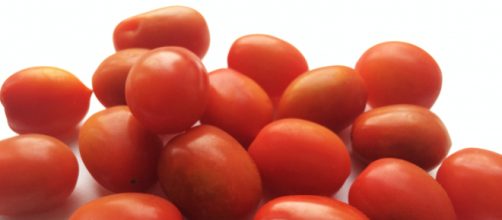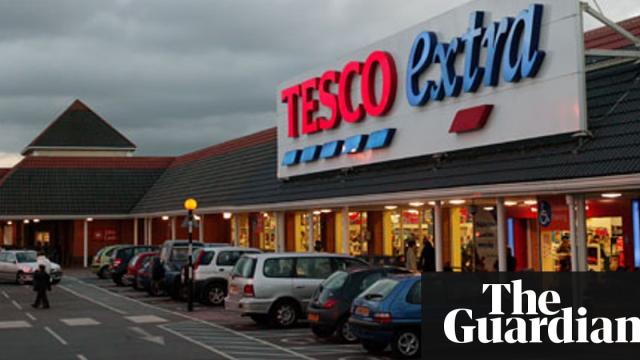Headlines to the above effect were published by a number of news outlets yesterday. The move has been done in an attempt to lower food wastage, according to the supermarket chain, Tesco. Products which will have best before labels removed include potatoes, tomatoes, onions, and lemons. The supermarket’s Head of Food Waste, Mark Little, has stated: 'We have made this change to fruit and vegetable packaging as they are among the most wasted foods.'
The high volume of food waste is a known issue in the UK and there have been various attempts to lower this.
Some attempts have been more novel than others, such as an experimental attempt to investigate a biofuel made from coffee bean waste. As someone who eats a lot of fruit and vegetables, and always endeavours to get 5 portions of them a day, I thought I would share my views on this latest waste-lowering initiative courtesy of Tesco.
Potential nutritional loss?
All fruit and vegetables have an optimum level of nutrients and that is when they are at their freshest. When frozen food packaging has phrases like 'straight from the field' on them, the manufacturer is highlighting the fact that nutritional value has been maintained through freezing the produce as soon as possible. Thus, lowered nutritional value is as small as achievable.
When buying fresh produce with ‘best before’ dates, you can make an effort to choose the item with the longest date on it, hence the freshest. In removing the date, you can no longer do this.
Or can you?
The great thing about fruit and vegetables is that there are many ways to check the freshness of products without having a date on them. The firmness, texture, and colour can all give an indication as to how fresh fruit and vegetables are.
No matter what ‘best before’ is printed on a label, a whole host of factors can render the date not so trustworthy. If a bag of apples is dropped, then there is a good chance that areas of some of the apples will be bruised resulting in the apples’ shelf life being reduced.
But equally, and importantly, a lot of food ends up being thrown away solely because of taking the ‘best before’ at face value and not actually considering the product behind the date.
The Food Standards Agency (FSA) states that ‘Best before’ dates only refer to the quality of the item and do not mean that food is unsafe to eat after that date. ‘Use-by’ dates, in contrast, is the more important of the two marking systems. They refer to the last date that the product is safe to consume. Unfortunately, some people confuse the two resulting in there being much more food waste than need be.
I have bought things reduced on the ‘best before’ date and they have stayed looking fresh well past that. Other times I have bought something with a good date on it, but it ends up looking less than fresh only a single day later.
Whether a product says ‘best before’ or does not have any printed date on it, make a judgement as to how fresh you think it is, and even if you suspect it may not be as fresh as you would like, don’t immediately discard it unless it looks very much past its best.
With the high volumes of food and unrecyclable waste, a number of initiatives have been started in an effort to reduce this. Earlier this year, for example, the fast food chain McDonalds, announced that efforts were being made to make all of their packaging recyclable by 2025. Hopefully, this latest initiative from Tesco will play some role in lowering the waste of food in the UK.




